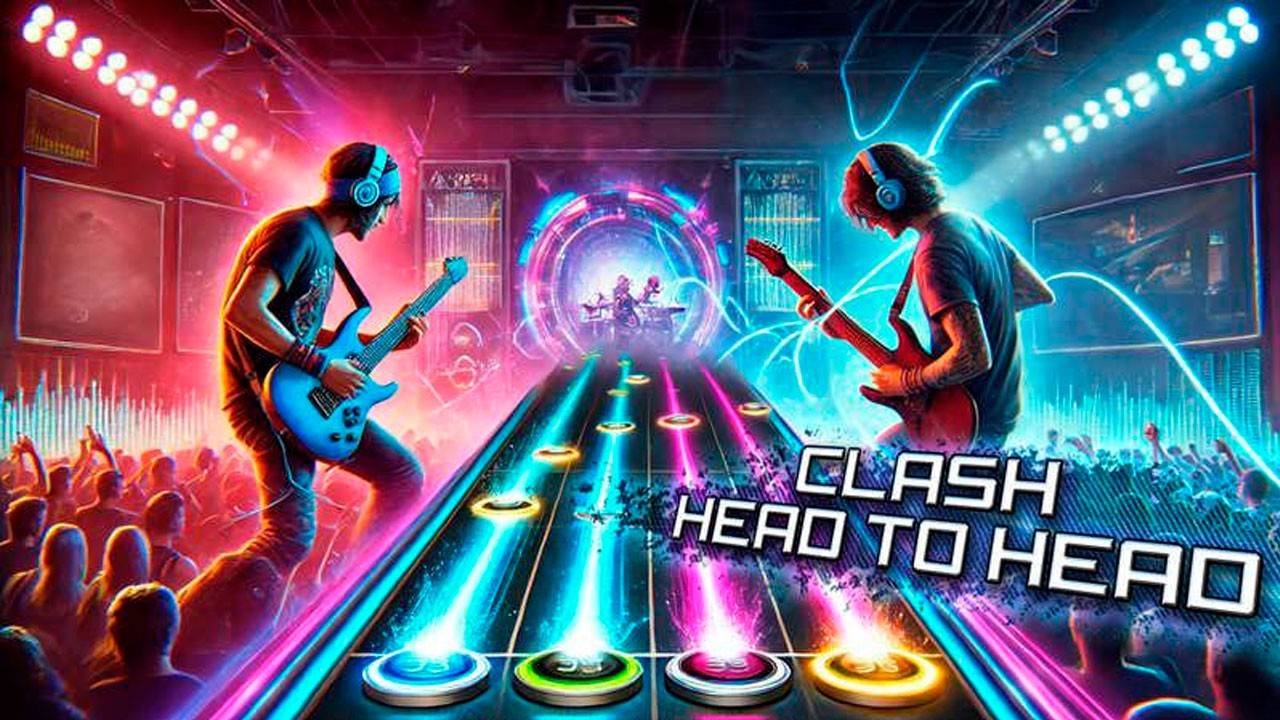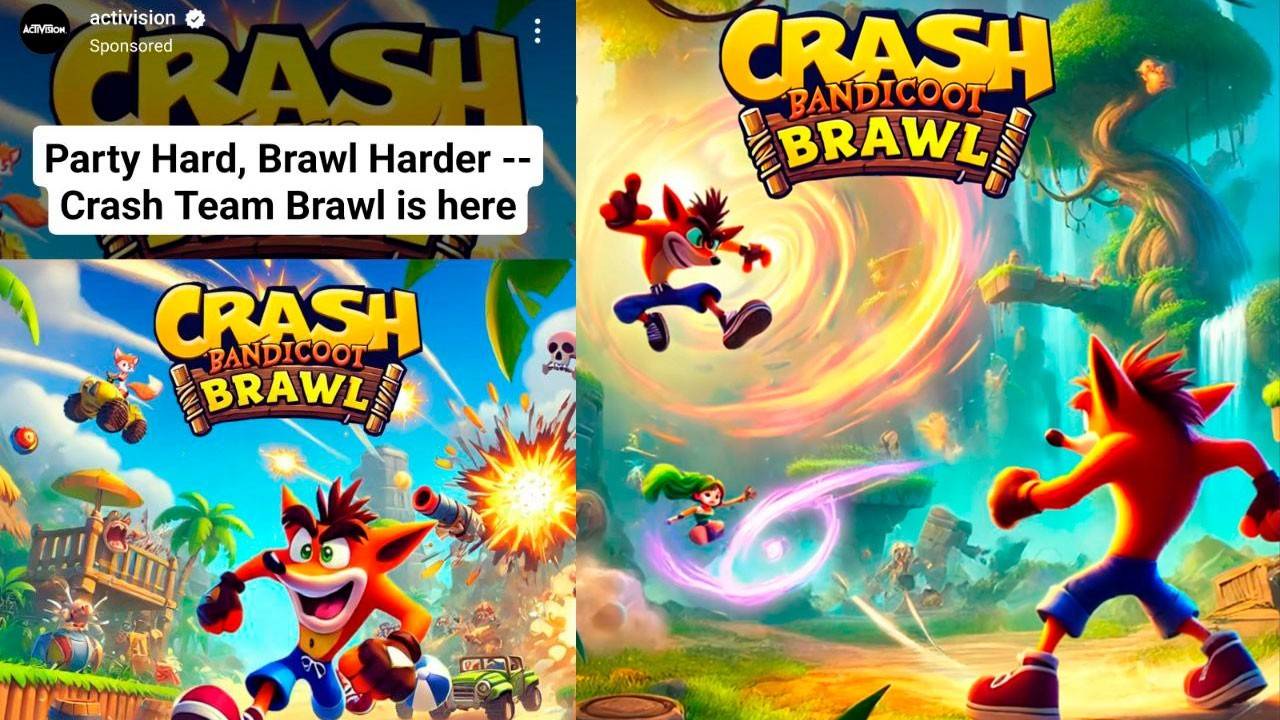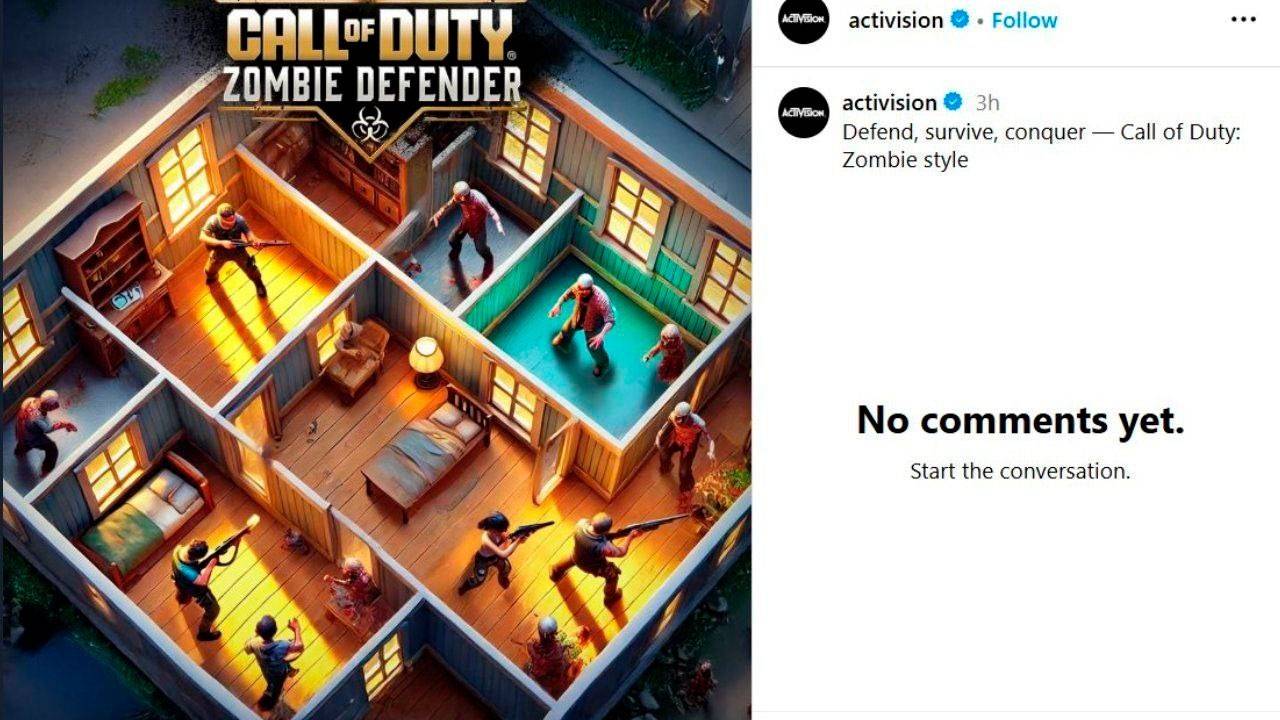Activision recently stirred the gaming community by unveiling advertisements for new projects featuring their renowned franchises such as Guitar Hero, Crash Bandicoot, and Call of Duty. However, the buzz wasn't about the announcements themselves, but rather the revelation that these promotional materials were generated using neural networks.
 Image: apple.com
Image: apple.com
The initial advertisement surfaced on one of Activision's social media platforms, promoting Guitar Hero Mobile and directing users to a pre-order page on the App Store. The community quickly pointed out the odd, artificial nature of the visuals, igniting widespread discussion. Subsequently, similar AI-generated promotional content emerged for other mobile titles like Crash Bandicoot Brawl and Call of Duty Mobile. Initially, there were suspicions of a hack, but it was soon clarified as a bold marketing experiment by Activision.
 Image: apple.com
Image: apple.com
The response from the gaming community was predominantly negative. Players voiced their disappointment, criticizing Activision for choosing AI over human artists and designers. Concerns were raised about the potential degradation of game quality into what some labeled "AI garbage." Comparisons were even drawn to Electronic Arts, notorious for its contentious practices within the gaming industry.
 Image: apple.com
Image: apple.com
The use of AI in both development and marketing continues to be a hotly debated issue for Activision. The company has publicly acknowledged the integration of neural networks in the creation of content for their upcoming title, Call of Duty: Black Ops 6.
Following the backlash, some of the controversial promotional posts were removed. It remains uncertain whether Activision intends to launch these games or if the AI-generated ads were merely a test to gauge public reaction.














